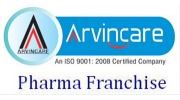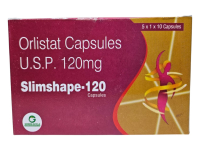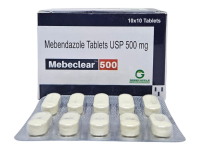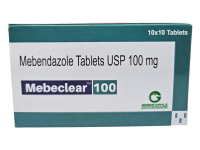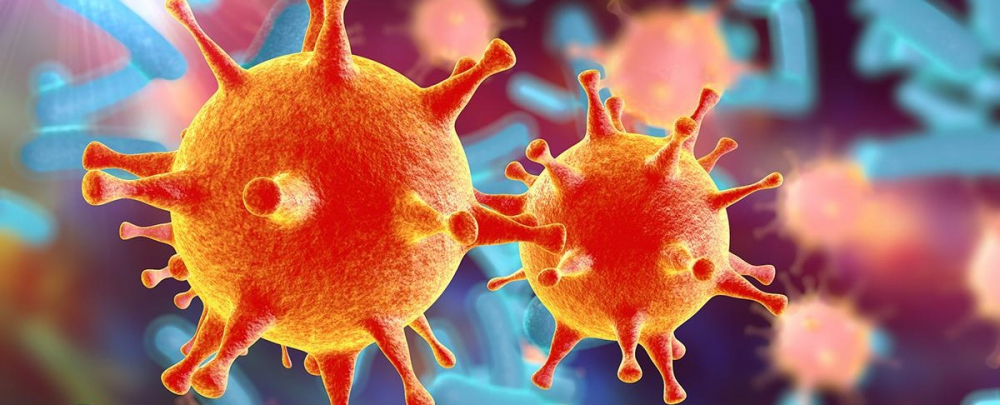
Content
- Path of infection
- Incubation period
- The main symptoms of the disease
- Treatment
- Prevention of viral hepatitis D
Hepatitis D (hepatitis D) is an inflammatory liver disease that occurs when the hepatitis D virus (HDV) enters the body.
HDV (Hepatitis delta virus) is translated into Russian as "hepatitis delta virus". Also, experts call this disease viral hepatitis D or delta hepatitis.
The main danger of hepatitis D is that liver failure, cirrhosis and liver cancer (hepatocellular carcinoma) develop against its background.
The causative agent of this insidious disease is not capable of independent reproduction. Its reproductive function is possible only in one case: if the hepatitis B virus (HBV) is present in the body. The hepatitis D virus most often accompanies the hepatitis B virus: collectively affecting the liver, they contribute to the acceleration of the development of cirrhosis.
Infection with two types of hepatitis pathogen simultaneously (HBV and HDV) is characterized by more pronounced symptoms characteristic of viral hepatitis.
Path of infection
The source of infection is a person in whose body the hepatitis D virus is present. Moreover, he may have obvious signs of the disease or be just a carrier of the virus and not suspect that he is already infected.
Hepatitis D can only be infected by the parenteral route: the infection enters the body bypassing the gastrointestinal tract. Most often this happens through injections, wounds, during intercourse. Infection with HDV is only possible if the body has reproductive HBV. In order to continue its vital activity, the pathogen of HDV is embedded in the genome of the HBV virus and enhances the clinical picture of viral hepatitis B. The infection multiplies directly in the liver.
Hepatitis D can become coinfection (if the body is simultaneously infected with HBV and HDV viruses) or superinfection (if hepatitis D joins the existing hepatitis B). In both cases, small-droplet obesity develops in the liver cells, leading to massive necrosis.
The activity of the HDV virus does not depend on its freezing, heating, drying, acid treatment. If you use poorly disinfected needles or come into contact with infected objects, you can become infected. Most often, infection is the result of injecting drug use, getting tattoos, piercings, manicure / pedicure, visits to dentists and other services of dubious companies. You can get infected through blood transfusions, surgical interventions, during childbirth (infection of the fetus), during promiscuous sexual activity.
Incubation period
Most often, the incubation period of hepatitis D (from the moment of infection to the first signs) is about 12 weeks, in some cases from 8 to 24 weeks.
Once in the blood, the HDV virus is carried to the liver and accumulates there. Then it interacts with HBV, multiplies, causes the first symptoms or intensifies the already existing signs of hepatitis B.
The main symptoms of the disease
From the moment of infection until the first signs of hepatitis D appear, it takes from 56 days to six months. Most often, the ingestion of the hepatitis D causative agent increases the symptoms of hepatitis B already inside a person.
Delta hepatitis infection is suspected:
- in the absence of appetite, the appearance of nausea and vomiting;
- with the appearance of problems with the outflow of bile (cholestasis) and yellowing of the skin, whites of the eyes, mucous membranes of the oral cavity;
- with general malaise, the appearance of body aches and joint pain;
- when the urine acquires a dark brown color;
- with lightening of feces and the occurrence of diarrhea (diarrhea);
- with the appearance of a dull pain in the right hypochondrium, radiating to the right scapula or shoulder;
- with an increase in body temperature to 37.0-38.0 0 С;
- if you have a headache, confusion, sleep problems.
Treatment
At the slightest suspicion of infection with hepatitis D, you should visit an infectious disease specialist and carefully examine the body. Thanks to the timely detection of the disease and well-chosen therapy, it is possible to minimize the risk of secondary infections and diseases.
The therapy regimen includes:
- Medication treatment:
- antiviral treatment;
- treatment that is aimed at maintaining liver health;
- detoxification treatment;
- immunity support;
- relief of symptoms of the disease.
- Diet.
- Full rest.
Medication treatment
Medicines can only be prescribed by a specialist!
Antiviral treatment
Antiviral drugs are used to combat viral hepatitis D. However, most of the specialized medications for hepatitis delta are still being developed or tested. Therefore, patients with hepatitis D are prescribed antiviral agents that stop HBV infection (viral hepatitis B):
- a group of alpha interferons - "Alfaferon", "Interferon";
- nucleoside analogues - "Adefovir", "Lamivudine".
The duration of the course of treatment with these drugs is from six months to several years.
Treatment that aims to maintain liver health
To protect the organ from pathological processes that are provoked by the causative agent of hepatitis, and to accelerate the regeneration of cells (hepatocytes), patients are advised to take the tablets "Carsil", "Ursonan", "Legalon", "Lipoic acid", "Hepatosan", "Silymarin", " Essentiale ".
The simultaneous intake of hepatoprotectors and ursodeoxycholic acid ("Ursodex", "Ursorom") allows you to more effectively restore the liver.
Detox treatment
The virus, once it enters the body, begins to poison it with the products of its vital activity. This causes nausea and general weakness, loss of appetite, fever, etc. To stop such processes poisoning the body, detoxification therapy is performed. To do this, use drugs that absorb the waste products of the causative agent of the disease and remove them from the human body: "Atoxil", "Albumin", glucose solution (5%), "Enterosgel".
Immunity support
The immune system is the body's defense mechanism against all kinds of infections. So that the immune system can cope with the hepatitis D virus that has entered the body, the patient is prescribed immunostimulants. The drugs improve health and increase the effectiveness of the fight against an infection within a person.
The most popular immunostimulants include: "Vilozen", "Zadaksin", "Timalin", "Timogen".
The most famous natural immunostimulant is ascorbic acid (vitamin C). Most of all it is found in lemons, rose hips, cranberries, etc.
Relief of symptoms
To alleviate the course of the disease, the patient is prescribed symptomatic drugs:
- to combat nausea and vomiting "Motilium", "Pipolfen", "Cerucal";
- to combat insomnia and anxiety "Valerian", "Tenoten".
Diet
Patients with hepatitis D are prescribed a therapeutic nutrition system developed by M.I. Pevzner - diet number 5 (table number 5).
The basis of the diet is drinking plenty of fluids (at least two to three liters of liquid per day), fruit juices, light soups, steamed cereals.
Patients with hepatitis B and D are strictly prohibited from alcohol, cigarettes, drugs, spicy, salty, fried, fatty, canned and smoked foods, instant food, chips and other harmful products.
Full rest
With proper rest, the body stores energy to fight infection. If there is no rest, including healthy sleep, the body is in constant tension and stress. Immunity weakens and a person cannot resist diseases.
Prevention of viral hepatitis D
Today, medicine does not know when a drug against hepatitis D may appear. Such a drug would be a real breakthrough in the treatment of this dangerous disease. In the meantime, in order not to get sick with hepatitis D and B, you should:
- observe the rules of personal hygiene;
- refuse the services of dubious beauty salons and clinics;
- refuse to apply tattoos, piercings;
- stop taking drugs, especially injecting drugs;
- give up alcohol and cigarettes;
- use only disposable syringes for injections;
- forget about promiscuous sexual intercourse;
- to exercise the utmost care when dealing with a person infected with the hepatitis virus, to provide him with dishes, bedding, personal hygiene items, etc. for his personal use.



















